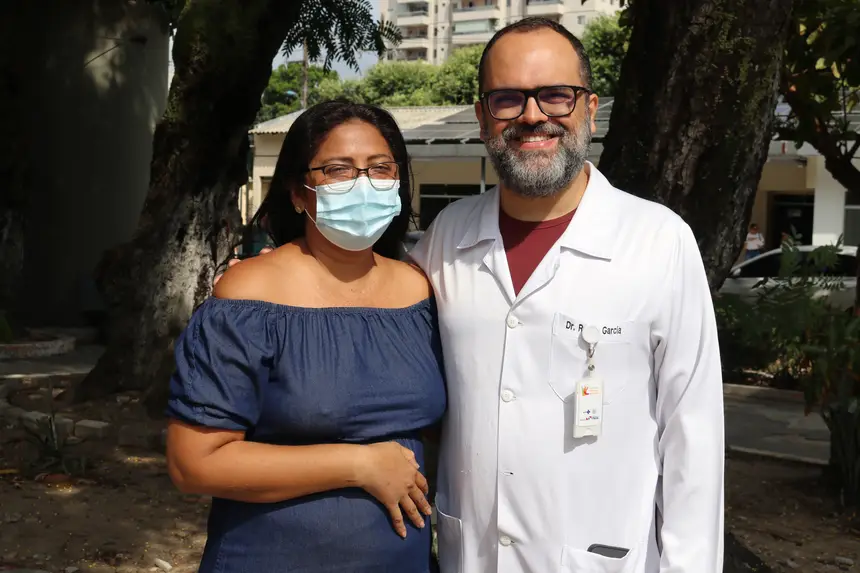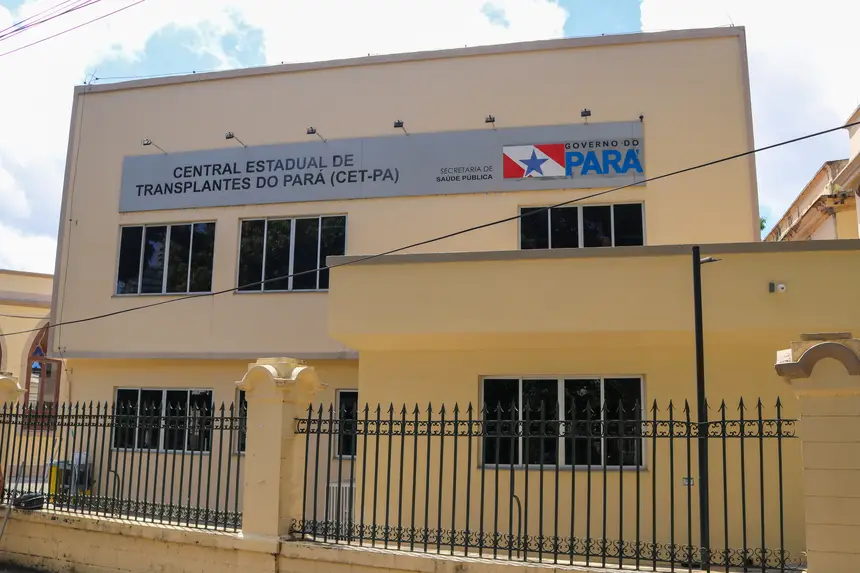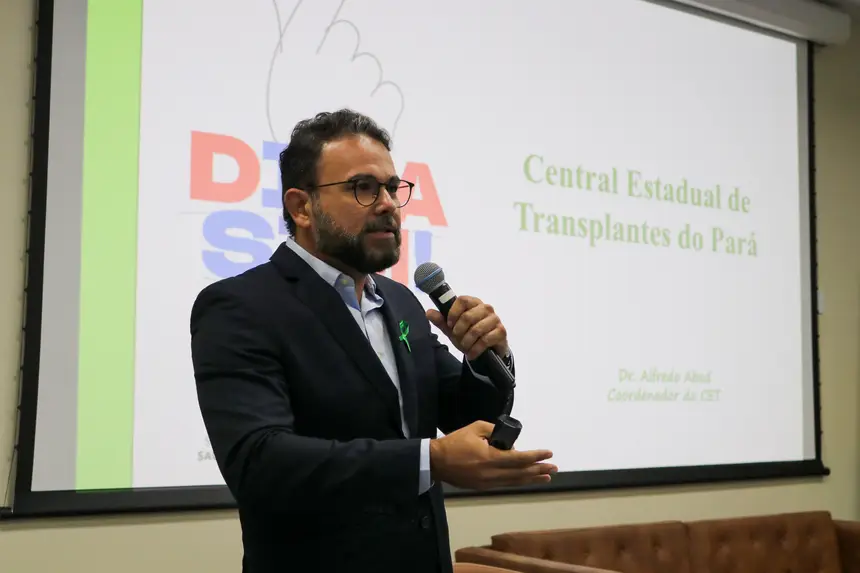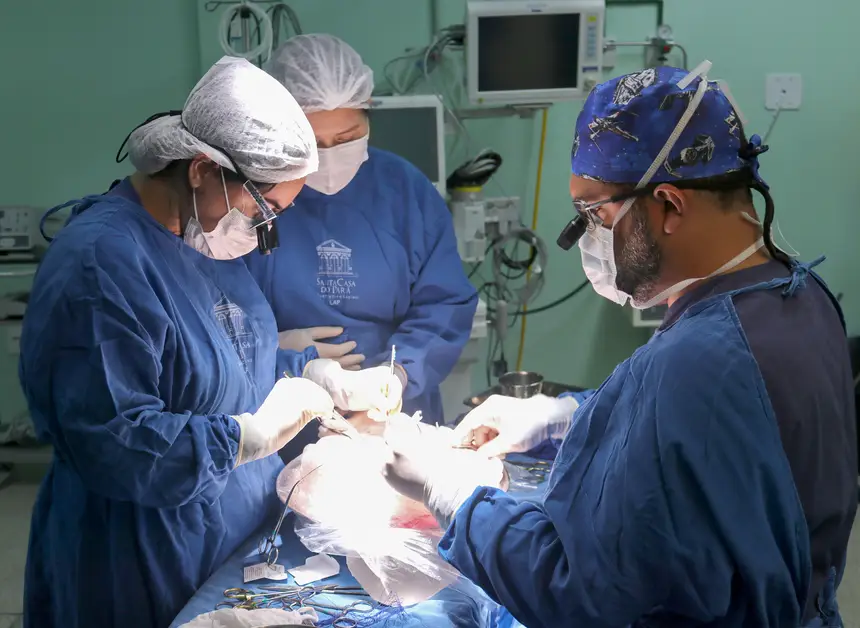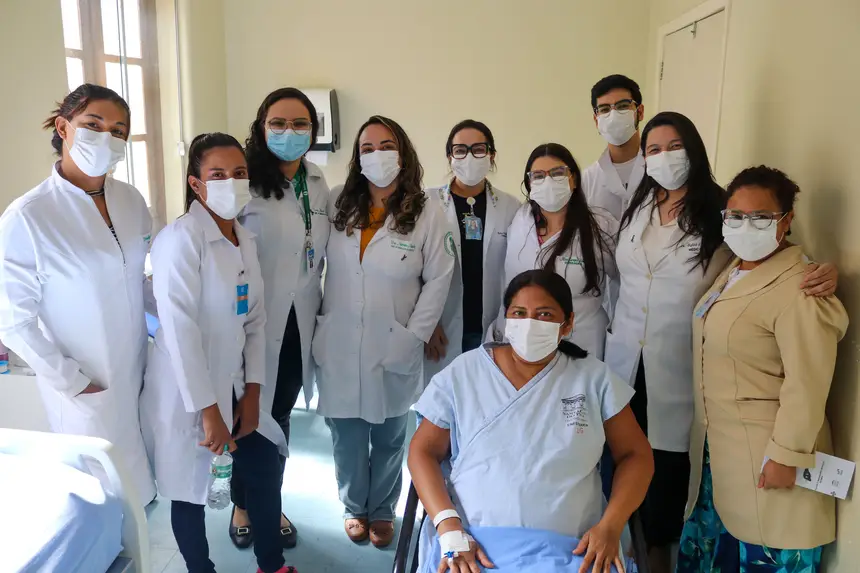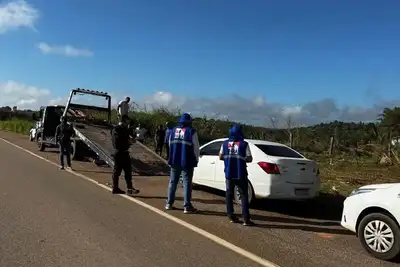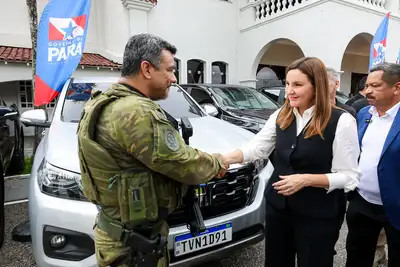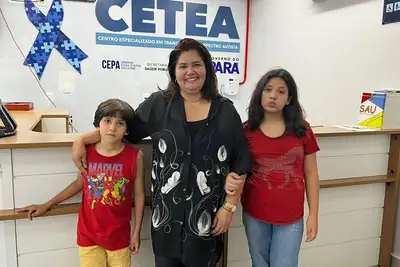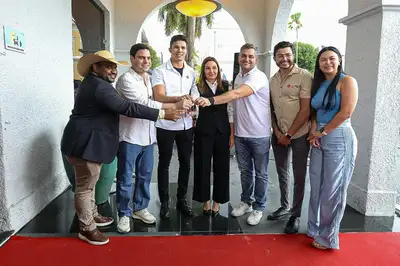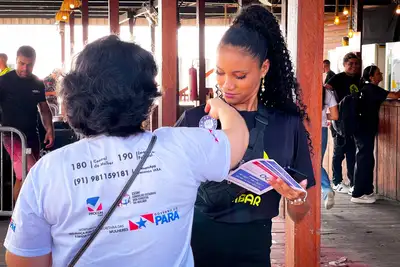Organ Donation Ensures Transplants for Patients Treated by Santa Casa
The transplant of an organ represents a new life for patients who depend on the solidarity of donation
The Santa Casa de Misericórdia Foundation of Pará, as a transplant hospital (pediatric kidney and liver), carries out important work to strengthen the state transplant network. Since the expansion of the pediatric kidney and adult liver transplant program in 2019, 59 transplants have been performed (39 pediatric kidney transplants and 20 adult liver transplants), increasing access to these essential procedures for critically ill patients.
In addition, the institution has conducted hundreds of pre and post-transplant consultations, as well as promoting more than 4,000 actions related to organ donation and procurement, including training, active search visits, interviews with family members, and monitoring of donations.
Rafael Garcia, the technical responsible physician for the liver transplant team, reports that the liver service at Santa Casa, which has been operating since 2012, serves patients from all over Pará and from some neighboring states such as Amapá, Maranhão, Amazonas, and Tocantins. "We have the only hepatology medical residency in the northern region. Today we have trained four hepatologists, who are now established here in the region. It is not someone who comes, graduates, and leaves the region. We were the first public hospital to perform a liver transplant in the State of Pará. We have already performed transplants in adolescents and even adults aged 67. This year we performed four transplants. In total, since the service was implemented, there have been 20."
Érica Costa de Moura, pediatric nephrologist at the Santa Casa Foundation, emphasizes that it is important to talk about transplantation in the lives of patients. “In the case of kidney transplantation, we see a very significant change in quality of life, especially for children. This is because the renal replacement therapy they undergo is hemodialysis. So they have to come three times a week, four hours per session, and this has a direct impact on school and playtime. These are children who cannot have their normal lives in their routines. And with kidney transplantation, we will enable a life change, especially for children, which will affect their growth and their return to quality of life.”
"And regarding transplantation, we need to keep in mind that we can only obtain organ donation with the family's authorization. So it is important that we have the awareness to communicate with our family members that we have the desire to donate while alive, so that in that difficult moment, in that moment of pain, the family can make the decision to put into practice the wish of that person who wanted to be an organ donor. With organ donation, we can benefit between eight and eleven patients, depending on the location (liver, kidneys, cornea), we can accommodate these patients," explains the doctor.
"Here at Santa Casa, this year 2025, we have already transplanted three patients, in 2024 we transplanted a total of 13 patients. Since the inauguration of the service at the institution in 2019, we have already had 39 children transplanted. So it is important to always reinforce with dissemination to demystify this transplantation theme, so that we keep in mind that it is necessary to inform our family members about our desire to be a donor," emphasizes the nephrologist.
For Norma Assunção, Technical Assistance Director of the Santa Casa Foundation, the work related to transplants is also fundamentally important in the post-transplant phase. “The post-discharge support for these patients and, at the same time, absorbing new patients into the same service is a project that has been successful and should be applied in other services.”
Organ donation network - The goal is to promote, share, and disseminate knowledge about organ and tissue donation for transplants, as well as to promote meetings of professionals and services involved in the State Transplant Program Care Network.
For psychologist Patrícia Mendonça, from the Health Education sector of the State Transplant Center (CET), the program has advanced with great effort, as there is still a limited number of qualified professionals. With Law No. 14,722 from the Ministry of Health, which established the awareness policy on organ and tissue donation, it is an important step for growth.
Alfredo Abud, medical coordinator of the State Transplant Center of Sespa, reinforces the importance of organ and tissue donation, raising public awareness and strengthening the transplant network. "Pará has increased the number of transplants, and initiatives to raise awareness in society are essential to maintain this progress."
"Pará has continental dimensions, and we have various realities, from patients in the countryside, riverside communities, quilombolas, and the cultural level varies greatly. On the other hand, globalization and social networks help. We know that this is a great tool. When used correctly, we can reach many levels," highlights Abud.
"In general, we carry out timeless campaigns. We have Green September (organ donation), a month that is usually very robust, but throughout the year we reinforce the importance of donation in various actions. And it has been working very well; we are seeing it happen. Therefore, it is essential that families talk about organ donation and express this decision clearly. To be an organ donor, it is important to inform your family. This act helps save lives," emphasizes Alfredo Abud.


